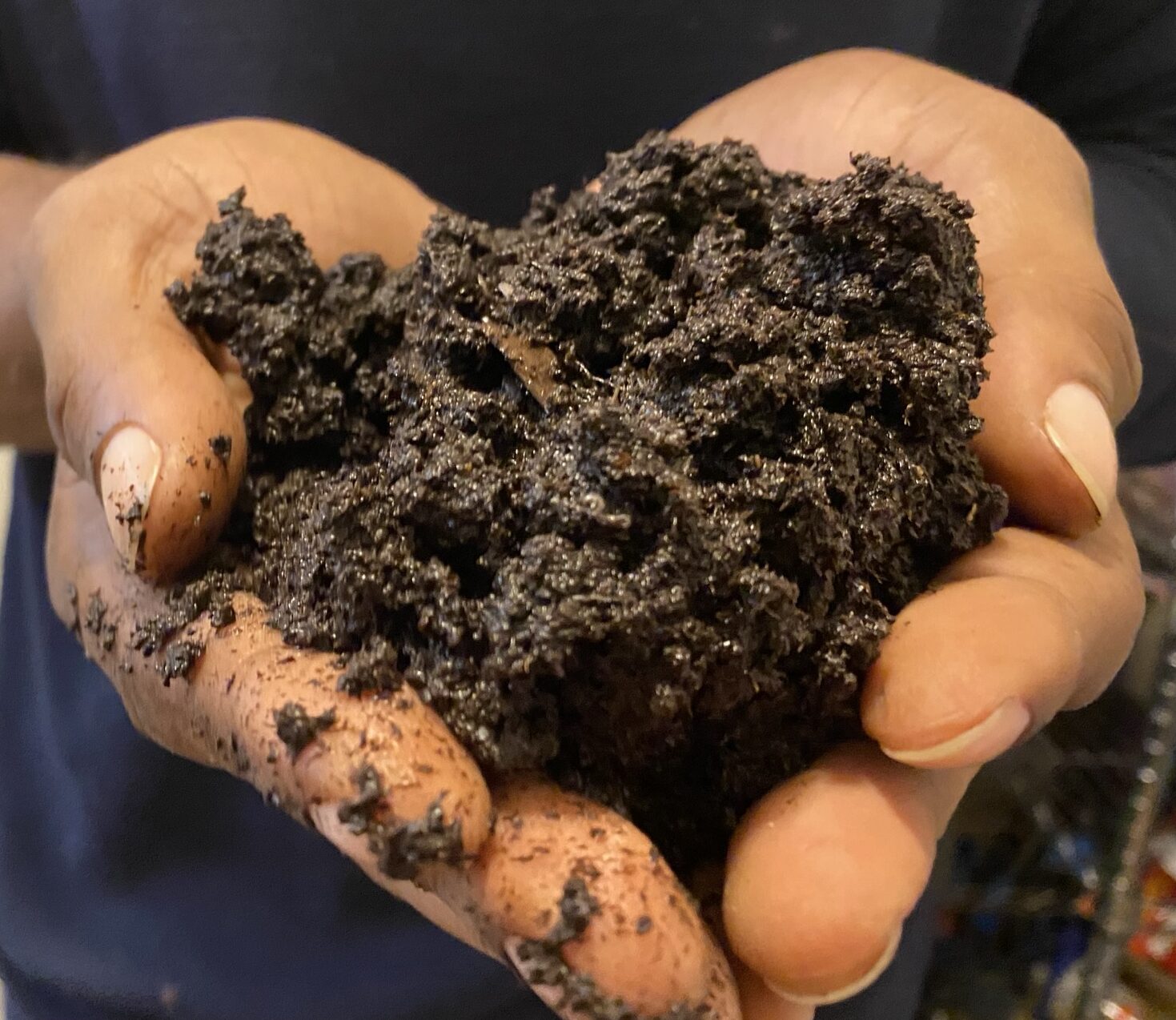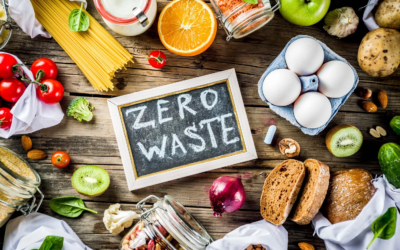Sustainable waste solutions for homes and businesses
Join the movement to reduce waste, fight climate change,
and keep NYC green- one compost pickup at a time.
3 Easy Steps to Start Composting
- Choose Your Plan – Select a subscription that fits your needs.
- Get Your Bin – We deliver your compost bin with liners.
- We Pickup & Compost – On schedule, hassle-free.
Composting Made Simple — For Everyone
Whether you’re a local business producing coffee grounds or a household tired of tossing food scraps, Waste Not offers easy, reliable compost pickup services tailored to your needs.
-
For Businesses: Cut disposal costs, boost sustainability, and show your customers you care.
-
For Homes: Say goodbye to smelly trash and hello to greener living.
✅ Why Waste Not?
Why Waste Not?
🏙️ NYC-Rooted & Community-Focused
Born in the Bronx, built for the boroughs and beyond. We’re not just local—we live this.
♻️ 100% Organic Waste Commitment
No greenwashing. We compost real food scraps, not packaging hype.
🚲 Low-Carbon Pickups
E-bike, electric vehicle, and cargo trailer options minimize emissions and traffic impact.
👨🏾🏫 Master Composter-Led
Education is at our core—from workshops to practical, street-level composting knowledge.
🤝 Trusted by Businesses Like Buunni Coffee
If it works for your neighborhood café, it can work for your home or kitchen too.

What We Do
Waste Not collects food scraps from homes and businesses, transforms them into nutrient-rich compost, and returns that value to local soil.
Our low-emission pickups and hands-on processing help fight climate change, reduce landfill waste, and build greener communities.
Benefit Of Composting
- Save cost of waste disposal services
- Reduce food waste to landfills
- Reduce weight and volume of waste stream
- Help to improve sustainability
- Reduce Green House Gas emissions
- And Many More
Our Blog Post
Embracing Sustainability: Waste Not’s Guide to Zero Waste Events
Embracing Sustainability: Waste Not's Guide to Zero Waste Events Jermaine Bolden February 19, 2024 In an era defined by environmental consciousness, the concept of Zero Waste has emerged as a beacon of sustainable living. At its core, Zero Waste strives to minimize...
How to recycle and reduce food waste at home
If you live in an area that has a local food waste recycling collection service, you can use this to dispose of anything you can't eat, or compost at home. A food waste caddy in your kitchen can help you to separate out your food waste for recycling and composting....
How is food waste recycled?
Many local authorities now collect food waste, which can be recycled in several ways including: In-vessel composting This involves mixing food waste with garden waste – shredding it and then composting it in an enclosed system for around 2-4 weeks at...



